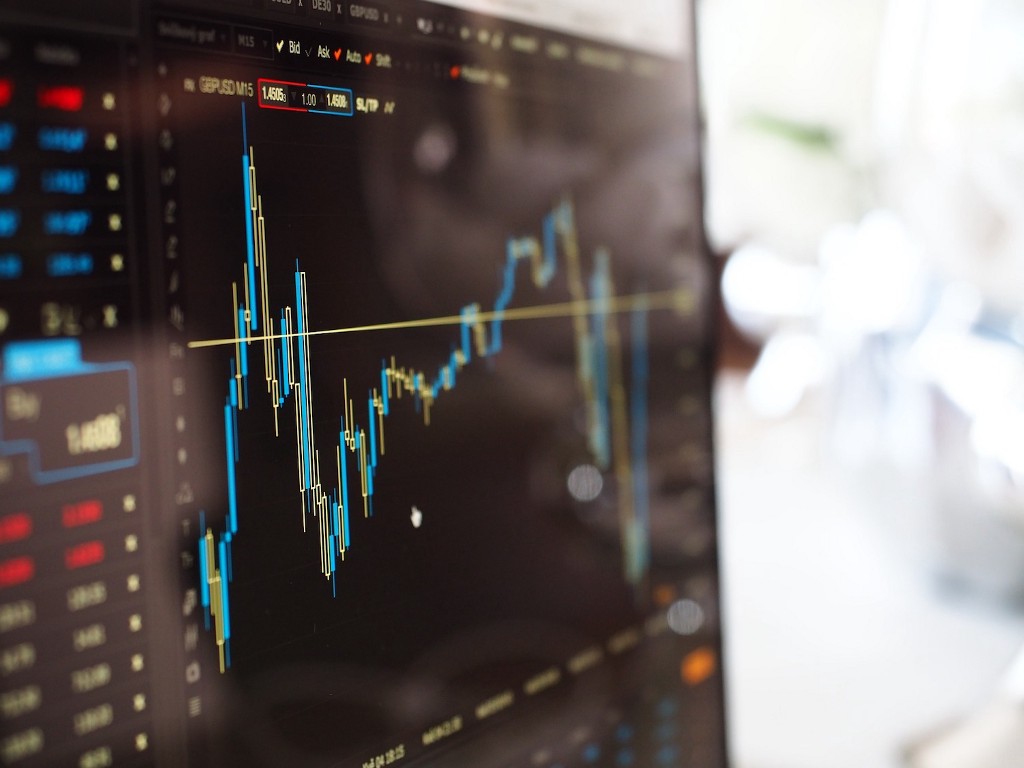Greetings, ImpactAlpha readers!
#Featured: ImpactAlpha Original
The GIIN’s plan for an impact makeover of legacy financial markets.Impact investing has been described as a quiet revolution within markets. Watch out — the revolutionary drumbeat is getting louder. A new roadmap for the revolution from the Global Impact Investing Network, the decade-old coalition of first-moving impact investors, defines success for impact investing as much more than simply a growing pot of investment capital for solutions to social and environmental challenges. The “Roadmap for the Future of Impact Investing” sets its mark on a transformation of the global financial system itself.
The five- to seven-year action plan laid out by the GIIN is surprisingly practical, calling for industry infrastructure to equip investors with performance data on social, environmental and economic impact. The roadmap calls on investors to align incentives to let impact drive allocation and compensation decisions. It highlights the need for products across investors’ full spectrum of preferences and for impact investment banking services such as deal origination and syndication. Policy, the plan suggests, can both remove barriers and incentivize impact investments, including by refining the definition of fiduciary duty to incorporate impact. The roadmap’s longer-term vision is a revolution, indeed. In that not-so-far off world, markets won’t be indifferent to the systemic risks of inequality and climate change. They’ll be channeling trillions of dollars to mitigate them.
Keep reading “A roadmap for the impact revolution,” by Dennis Price on ImpactAlpha.
A roadmap for the impact revolution
#Dealflow: Follow the Money
DC seeds affordable housing preservation funds. There are only 44 affordable rental units for every 100 extremely low income families in the District of Columbia. The District is seeding two affordable housing preservation funds with $5 million each. Capital Impact Partners and Local Initiatives Support Corp., will manage the funds. They’re looking to buy multi-family buildings where at least half the units are affordable to families earning up to 80% of median family income. “The fund managers will allow us to move more nimbly and quickly to acquire properties that we want to preserve as affordable housing,” said Polly Donaldson, of the district’s Department of Housing and Community Development. DC’s investment could leverage an additional $20 million from private investors.
Impact Terra raises $3 million to provide mobile advice to Myanmar farmers. More than 60% of Myanmar’s workforce depends on farming for a living, but the country’s agriculture sector is among the least productive in Asia. The World Bank says farmers in Myanmar are less educated and less knowledgeable than others in the region and access fewer public services. What they do have are smartphones. Impact Terra is leveraging Myanmar’s mobile connectivity growth to provide agricultural data and advice via its Golden Paddy app. The Netherlands Space Office’s Geodata for Agriculture and Water group and venture philanthropy firm Leap201 backed the startup, which is building pest- and disease-recognition and satellite-imaging into the app. Small farmer digital services startups Wefarm and Gramophone both recently raised funding to support farmers in Africa and India respectively.
8IP opens impact fund to retail investors. In another example of broadening access to impact investments, Eight Investment Partners, or 8IP, a Sydney-based fund manager, has lowered the investment minimum for its Australian Equity Impact Fund to A$10,000 (US$7,700), from A$100,000. 8IP launched the fund, which invests only in Australian-listed companies, last January. The fund scores companies against the UN Sustainable Development Goals and is weighted toward healthcare, renewable energy, land and resource management and senior care.
See all of ImpactAlpha’s recent #dealflow. Send deal tips and news to [email protected].
#Signals: Ahead of the Curve
Investors weigh the value of B Corp certification. More than 2,400 companies have been certified as “B Corps,” giving them a handy way to demonstrate their adherence to social and environmental performance and accountability standards. Do investors care? A new report from the Yale School of Management, “Just Good Business,” suggests they should. Among the reported benefits: Access to non-financial data, benchmarking against best practices, performance measurement over time and enhanced ability to attract talent and customers. Yale economist Robert Shiller validated the thesis in a statement. “Through greater appreciation of the real motives that drive and excite people, B Corporations provide a significant new opportunity for investors.” At minimum, B Corp status seems not to be a turnoff. B Lab, the nonprofit that issues the certifications, says that nearly every major Silicon Valley venture firm has B Corps in their portfolios. “When paired with solid cashflow management, passionate leadership, a coherent strategy, a rational business plan, and all the other factors that undergird every successful enterprise, B Corp certification is both a risk mitigator and an opportunity identifier,” says Matthew Weatherley-White, managing director of the Caprock Group, who helped work on the report. “Just Good Business” calls out the five publicly traded B Corps (along with another half-dozen or so B Corp subsidiaries of larger corporations). Left unmentioned is Etsy, which gave up its B Corp certification last year.
Thank you for reading. Onward! Please send news and comments to [email protected]











